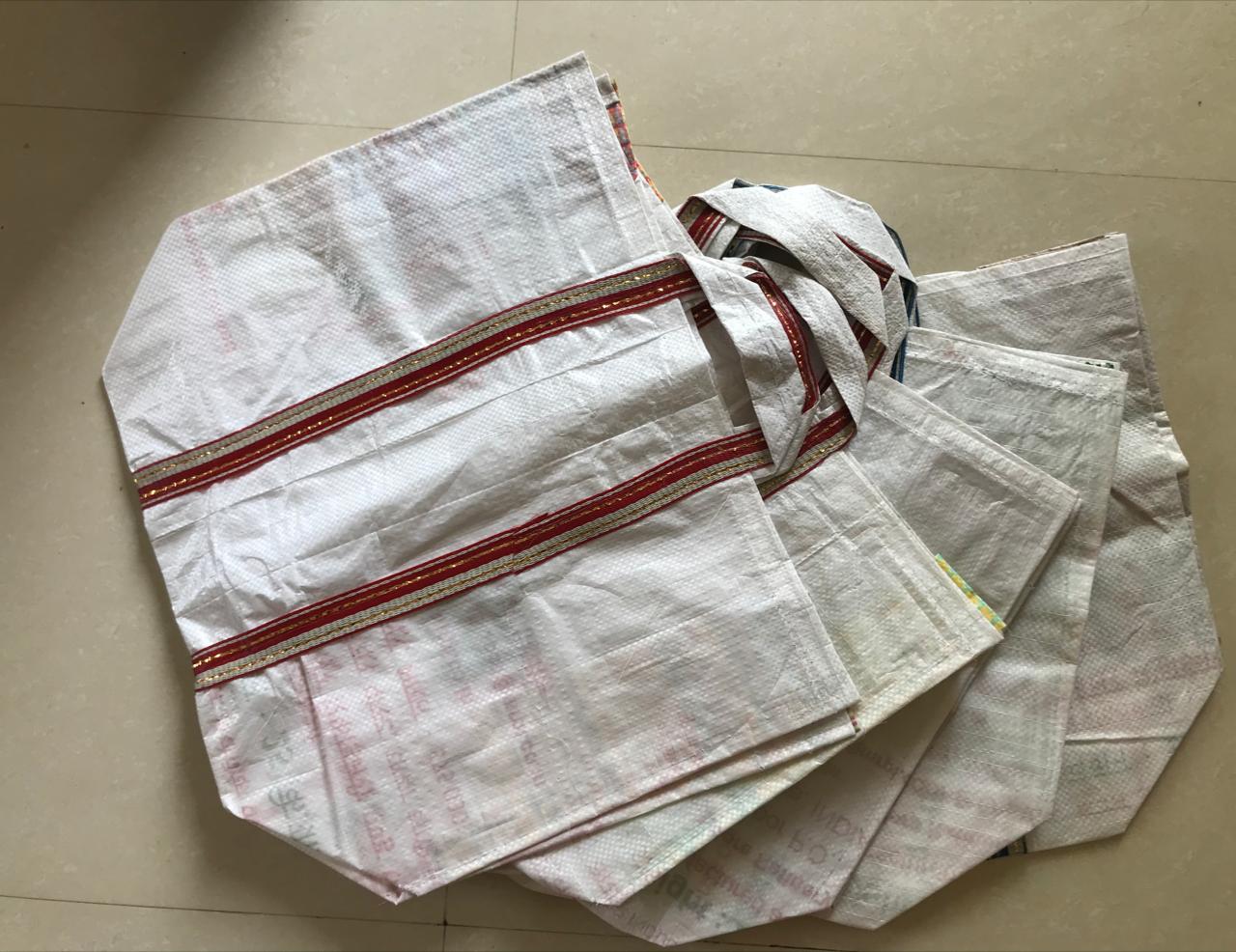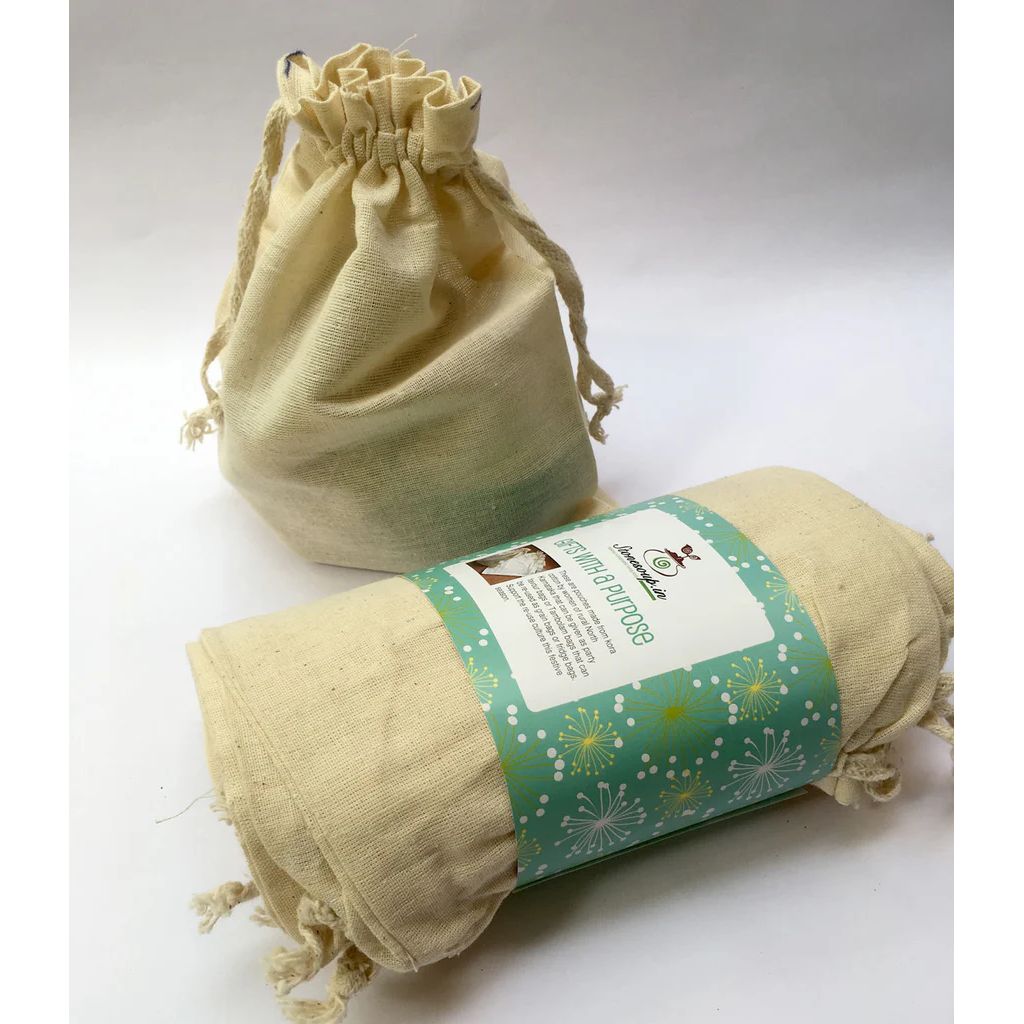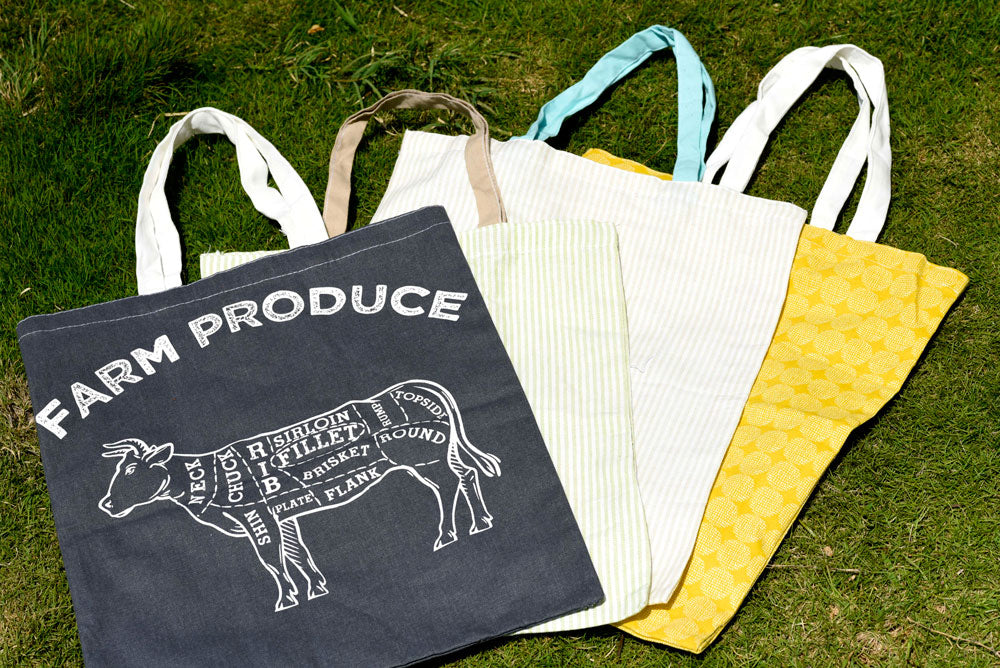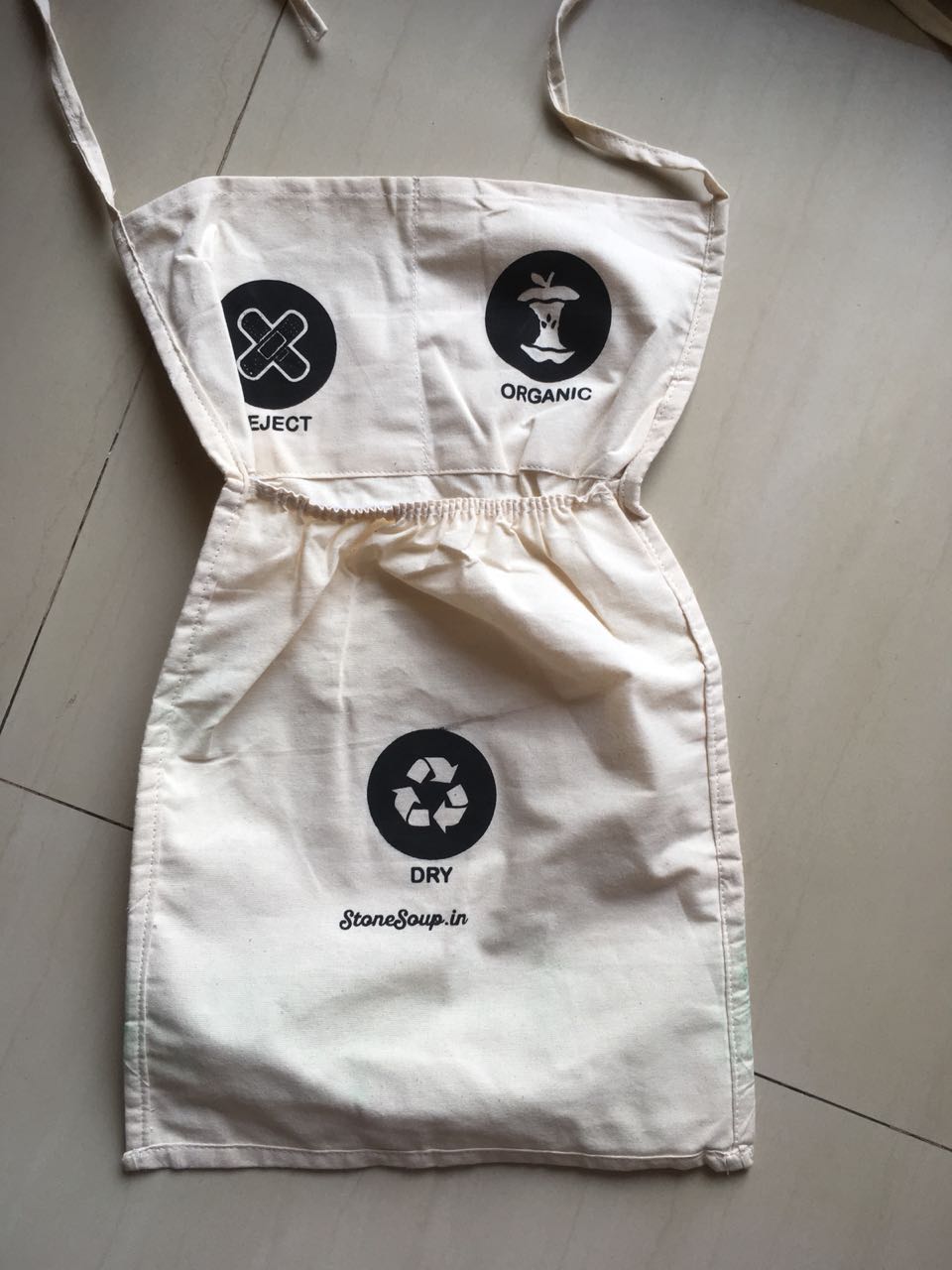In order to reduce the health risk to waste workers, it is mandatory for every community to have a waste management policy for households having one or more family members testing positive for COVID-19. Unfortunately, most apartments are double-bagging it and sending it off. With the incinerators overflowing with all kinds of infected waste, most of it is landing in the landfills.
We present a few best practices that are stepping up to this challenging and are ensuring the risk to waste workers is minimised as is the burden on landfills.
1. Purva Sunshine (Sarjapur Road, Bengaluru)
The managing committee procured 20 Te composting kits. Every time a household reports a case, they are given a bin and a brick to add their wet waste. Housekeeping does not collect their waste. The household continues to layer their organic waste in the bin with the compost maker powder every day during the 14-day quarantine period. The high temperature created during the composting process ensures the virus doesn't survive. After 14 days, the bin is kept in the balcony/utility area of the house for a month, after which the organic matter that would have turned to compost and is used by the household or added in the green area of the apartment complex. Post that the household washes and returns the bin to the committee and it is sanitised and re-used for another household. So far 7-8 households have used it.

2. Paying Guest in Whitefield, Bengaluru (name withheld on request)
This private co-living space houses 25 girls of the age group 18 to 29 years. Some are students, some others are working women. When a few inmates tested positive, they had to rearrange their living arrangement to create quarantine spaces. The food was cooked at a central kitchen, but sanitary waste was a problem - no one was willing to touch it. They gave a Ladli cloth pads kit to every girl who was menstruating during the quarantine period. They would wash it with their everyday clothes and part of the terrace was reserved for drying them. Extra inserts were given on request. The sanitary waste was reduced to zero for the quarantined girls.

3. Dry Waste:
Many good samaritans are providing food to COVID-infected households, mostly neighbours. It would be great if they could give in steel dabbas that could be washed (twice if need be) and reuse. There are organizations providing nutritious and fresh food in steel dabbas to your door step. Sampoorna Ahara is one of them (details below). Apart from reducing the dry waste, another alternative is hoarding it. Clean dry waste can be stored in unused suitcases and duffle bags for a month so that the traces of virus are gone. And then given to Dry Waste Collection Centres.

Also Read:
Citizen Matters: How to dispose waste from COVID households
Official Guidelines for Home Isolation
Sampoorna Ahara: Bringing safe food to your doorstep




